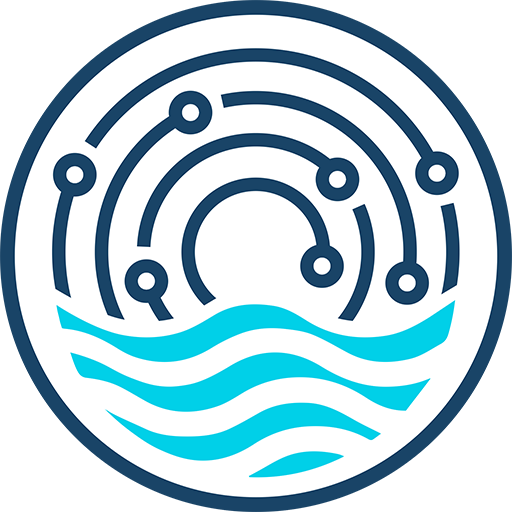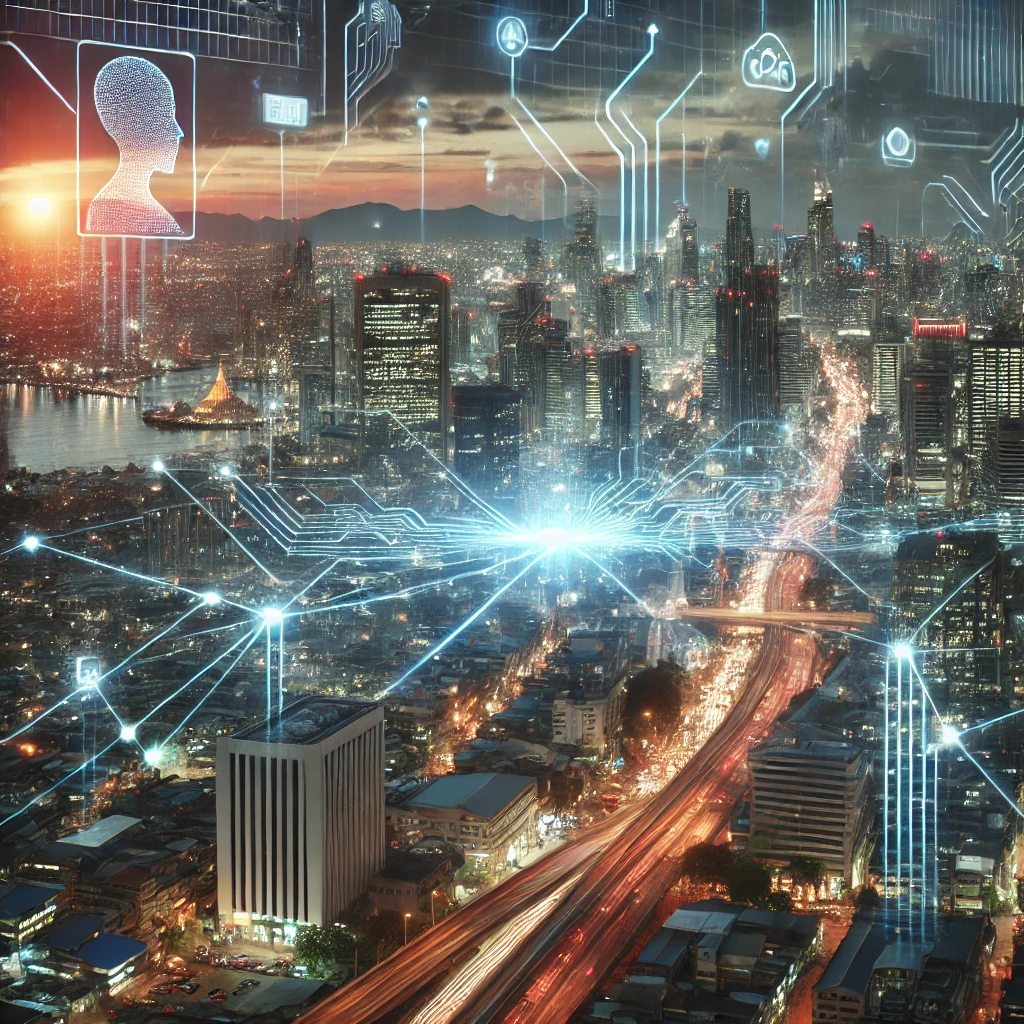Artificial Intelligence (AI) is considered one of the most advanced and influential technologies of the 21st century, playing a key role in most aspects of human life.
This technology is advancing at an astonishing speed and is being widely applied in various industries, including healthcare, economics, security, transportation, and even in the daily lives of humans.
This article examines the role of artificial intelligence in the modern world and its impact on human life.
Definition and Fundamental Concepts of Artificial Intelligence
This term refers to technologies that enable machines to learn, reason, make decisions, and solve problems. This technology operates based on advanced algorithms and large amounts of data it receives from the environment, and it can analyze behavioral patterns.
Machine Learning, Neural Networks, and Deep Learning are advanced techniques that are used in the development of artificial intelligence.
Applications of Artificial Intelligence in the Modern World
1- Medicine and Healthcare
Artificial intelligence Plays a significant role in disease diagnosis, medical image processing, and the development of new drugs. Deep learning-based algorithms are capable of analyzing radiology images and providing highly accurate diagnoses. Additionally, medical chatbots can assist patients by offering initial consultations.
2- Industry and Manufacturing
In various industries, artificial intelligence has led to increased productivity and cost reduction; additionally, industrial robots can optimize production processes and prevent human errors.
Additionally, the use of big data analytics in supply chain management helps companies make better decisions.
3- Transportation and Autonomous Vehicles
Autonomous vehicles are one of the most prominent achievements of artificial intelligence; this technology can analyze traffic using sensors and advanced algorithms, reducing accidents.
Additionally, in the field of public transportation, artificial intelligence plays an effective role in route management and fleet system optimization.
4- Cybersecurity and Data Analytics
In today's world, with the increasing cyber threats, artificial intelligence has become a powerful tool for detecting and countering attacks; machine learning-based systems are capable of identifying suspicious behaviors and preventing cyberattacks. Additionally, in the field of data analytics, artificial intelligence enables companies to identify market patterns and make better strategic decisions.
5- Everyday Life and Smart Technologies
Smart assistants such as Siri, Google Assistant, and Alexa are examples of the application of artificial intelligence in everyday human life; these systems are capable of performing various tasks, including setting reminders, searching for information, and controlling smart devices, making daily life much easier for humans. Additionally, recommendation systems on digital platforms like Netflix and YouTube analyze user behavior and suggest appropriate content to the user.
Challenges and Limitations of Artificial Intelligence
Despite significant advancements, this technology faces challenges as well; one of the most important challenges is the issue of ethics and user privacy. The widespread use of personal data in machine learning algorithms has raised concerns about data security; additionally, the potential misuse of artificial intelligence in areas such as facial recognition and mass surveillance could lead to human rights violations.
Additionally, the development of artificial intelligence could lead to a reduction in job opportunities in certain industries, as many tasks that were previously performed by humans are now being delegated to machines.
This has increased the need for rethinking the labor market and developing new skills.
The Future of This Industry
The Future Artificial intelligence It is highly dependent on technological advancements and how it is managed by societies; it is expected that artificial intelligence will play a more prominent role in the coming years in fields such as education, the environment, and even disaster management. The use of smart robots in medical surgeries, analyzing environmental data for predicting climate changes, and advanced disaster management systems are among the future applications of this technology.
Conclusion
This technology is one of the most influential technologies of the modern era, penetrating various aspects of human life; from medicine and industry to transportation and cybersecurity, it plays a key role in improving the quality of human life. However, the challenges associated with it, including ethical issues and economic impacts, require serious attention and careful planning. Ultimately, with proper management and sustainable development, artificial intelligence can become a powerful tool for human progress and contribute to achieving human goals.


